Hessel, Andrew

Andrew Hessel

Andrew Hessel
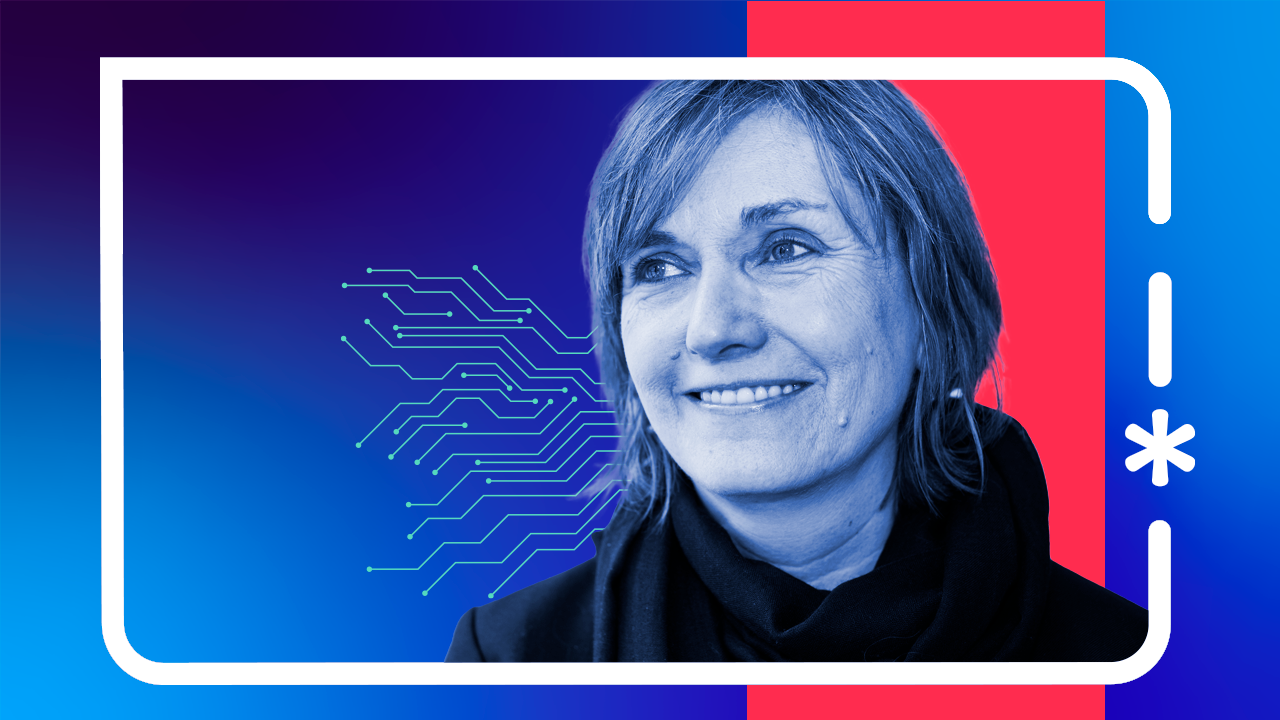
Dr. Sara (Meg) Davis is principal investigator of a multi-country participatory action research project on digital health and human rights, and special advisor on strategy and partnerships at the Global Health Centre.
Dr. Davis has twenty years’ experience in global health and human rights as a scholar and practitioner. She earned her PhD at the University of Pennsylvania, and held postdoctoral fellowships at Yale University and UCLA. She was China researcher at Human Rights Watch, and founding executive director of Asia Catalyst. At the Global Fund to Fight AIDS, TB and Malaria, Dr. Davis led early work to operationalise the Fund's commitments on human rights. She has held visiting fellowships at New York University, Columbia University, and Fordham University. She has taught at the Geneva Centre for Humanitarian Studies, University of Alabama at Birmingham, Temple University, Yale University, and University of Pennsylvania; and has consulted for UN agencies, Global Fund Board delegations, and civil society networks.
She is the author of two scholarly books and numerous articles, and is an expert listed on Shesource. In 2017, she was one of three winners of the International Geneva Award.
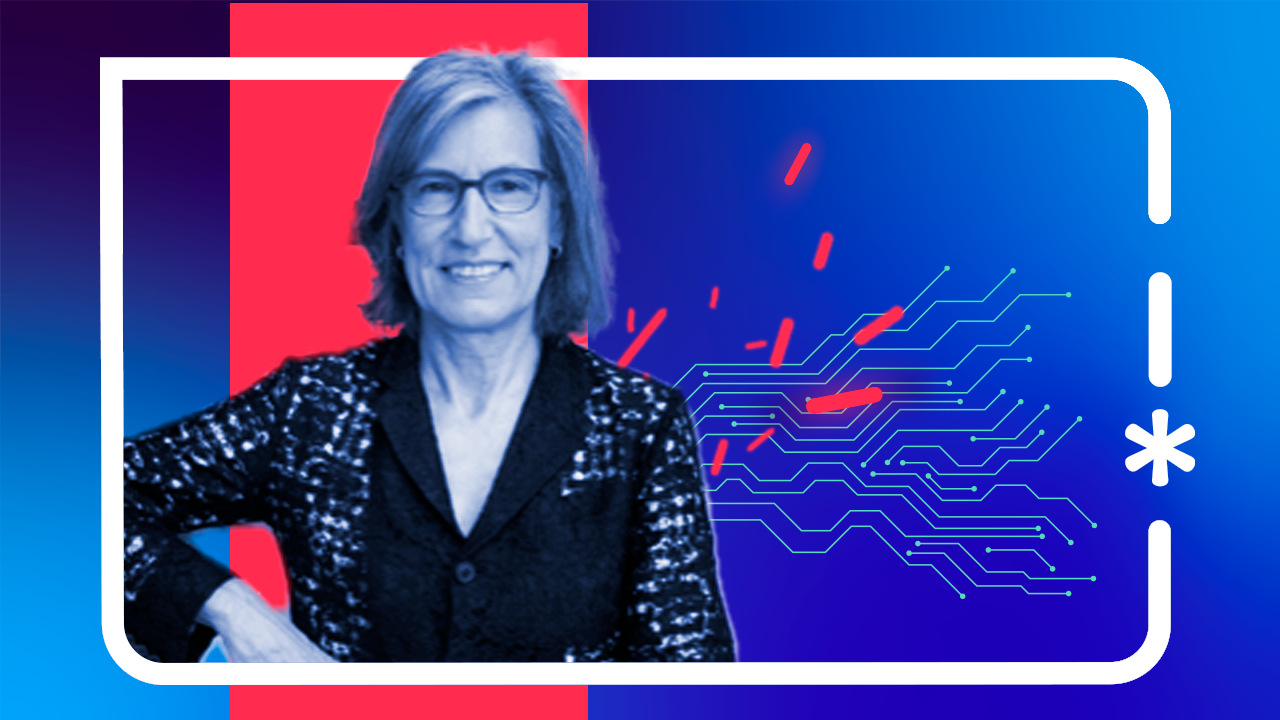
Dr Flavia Schlegel has a distinguished international career including positions at UNESCO and as Science Diplomat in China and the US.
As the Assistant Director General for Natural Sciences, Dr Schlegel shaped UNESCO’s response to multilateral development agendas such as the 2030 Agenda and the Paris Agreement. In 2019 the International Science Council elected her as their Inaugural Special Envoy for Science in Global Policy.
Here recent mandates in a senior advisory role include science engagement for the International Digital Health and AI Research Collaborative, directing the investment policy towards the SDGs for a multilateral development bank, aligning disease surveillance with One Health for the Swiss Federal Office of Public Health.
Dr Schlegel holds a Medical Doctorate and a Master’s Degree in Organizational Development.
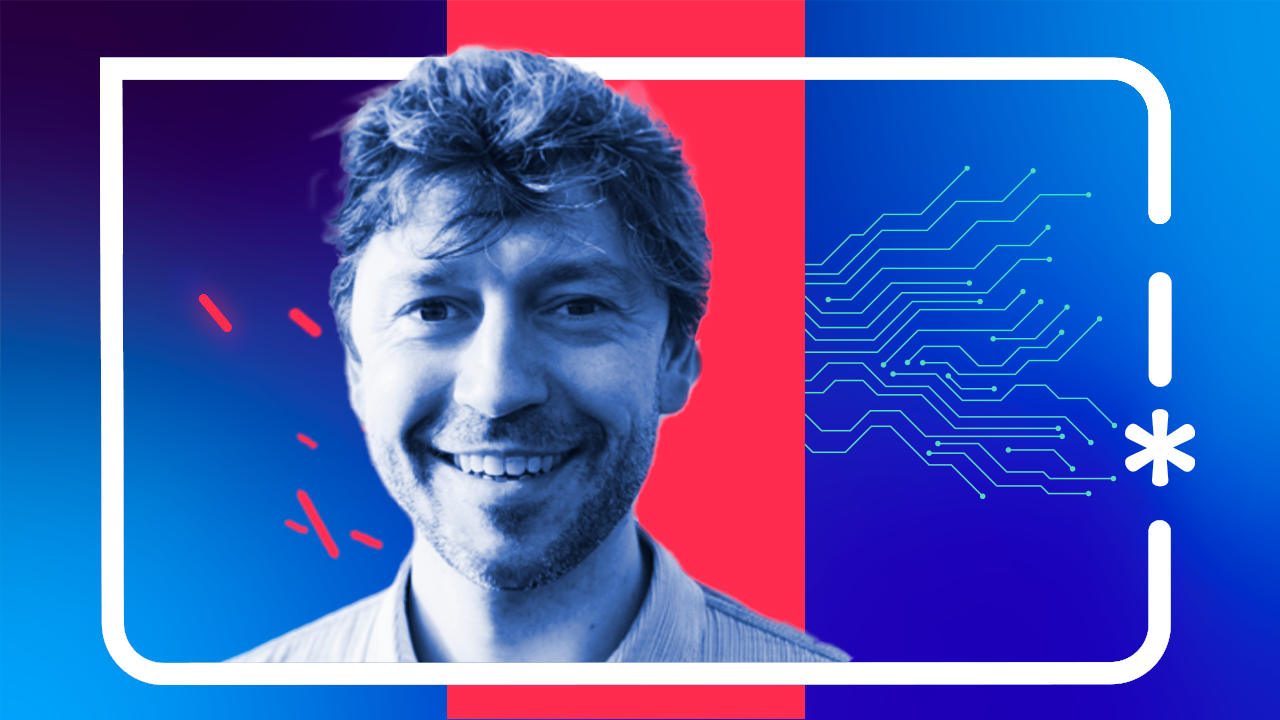
Prof Valstar is the founding CEO of BlueSkeye AI. In addition to leading BlueSkeye, Michel Valstar is an honorary professor at the University of Nottingham. He founded BlueSkeye AI in April 2019 to create social good from the research conducted in his Automatic Human Behaviour Understanding Laboratory. He received his masters' degree in Electrical Engineering at Delft University of Technology in 2005 and his PhD in computer science at Imperial College London in 2008, and was a Visiting Researcher at MIT's Media Lab in 2011. He is a thought leader in the fields of computer vision and pattern recognition, where his main interest is in automatic recognition of human behaviour, specialising in the analysis of facial expressions. He founded the facial expression recognition challenges (FERA 2011/2015/2017), and the Audio-Visual Emotion recognition Challenge series (AVEC 2011-2019). He was the coordinator of the EU Horizon2020 project ARIA-VALUSPA, which will build the next generation virtual humans, deputy director of the £6M Biomedical Research Centre's Mental Health and Technology theme, and recipient of Melinda & Bill Gates Foundation funding to help premature babies survive in the developing world, which won the FG 2017 best paper award. His work has received popular press coverage in, among others, Science Magazine, The Guardian, New Scientist and on BBC Radio. He has published over 100 peer-reviewed papers at venues including PAMI, CVPR, ICCV, SMC-Cybernetics, and Transactions on Affective Computing (h-index 41, >10,000 citations).
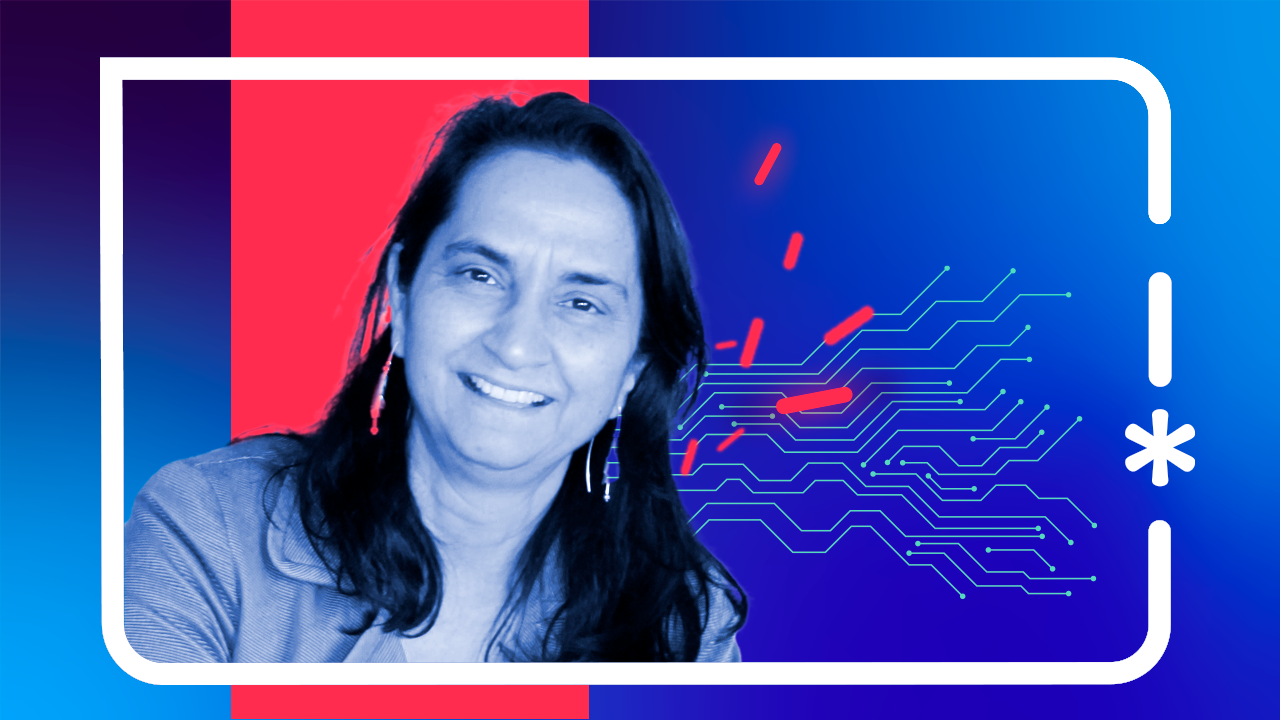
Former Senior Advisor for Medical Applications at CERN, Geneva, Switzerland
Visiting Professor at University of Oxford (U.K.)
Project Leader for STELLA (Smart Technologies to Extend Lives with Linear Accelerators)
Manjit Dosanjh is the former senior advisor for medical applications at CERN and now a retired staff and Visiting Professor at the University of Oxford.
She holds a PhD in Biochemical Engineering from the UK and her professional efforts in the fields of biology and the medical applications of physics span more than 30 years, during which she has held positions in various academic and research institutions in Europe and the U.S., including the Massachusetts Institute of Technology (MIT), the Lawrence Berkeley National Laboratory (LBNL) at the University of California, the European Commission Joint Research Centre (EC-JRC) in Italy.
She joined CERN in 2000 and focused on applying the technologies developed for particle physics to the life sciences domain and establishing multidisciplinary collaborative approaches for cancer treatment.
Her work has included many initiatives to expand access to technology in Low Middle-Income Countries and is the Project Leader for STELLA (Smart Technologies to Extend Lives with Linear Accelerators) for ICEC (www.iceccancer.org). This and other current related activities including FLASH related research are all addressing improving access to cancer treatment globally.
She is also actively involved in helping non-profit science and technology education gender related organisations in Geneva such as the Committee on the Status of Women (CSW-Geneva) and board of director for ICEC (International Cancer Expert Corps). Manjit speaks often on the intersections of health, human rights and equality, including in the context of the SDGs.
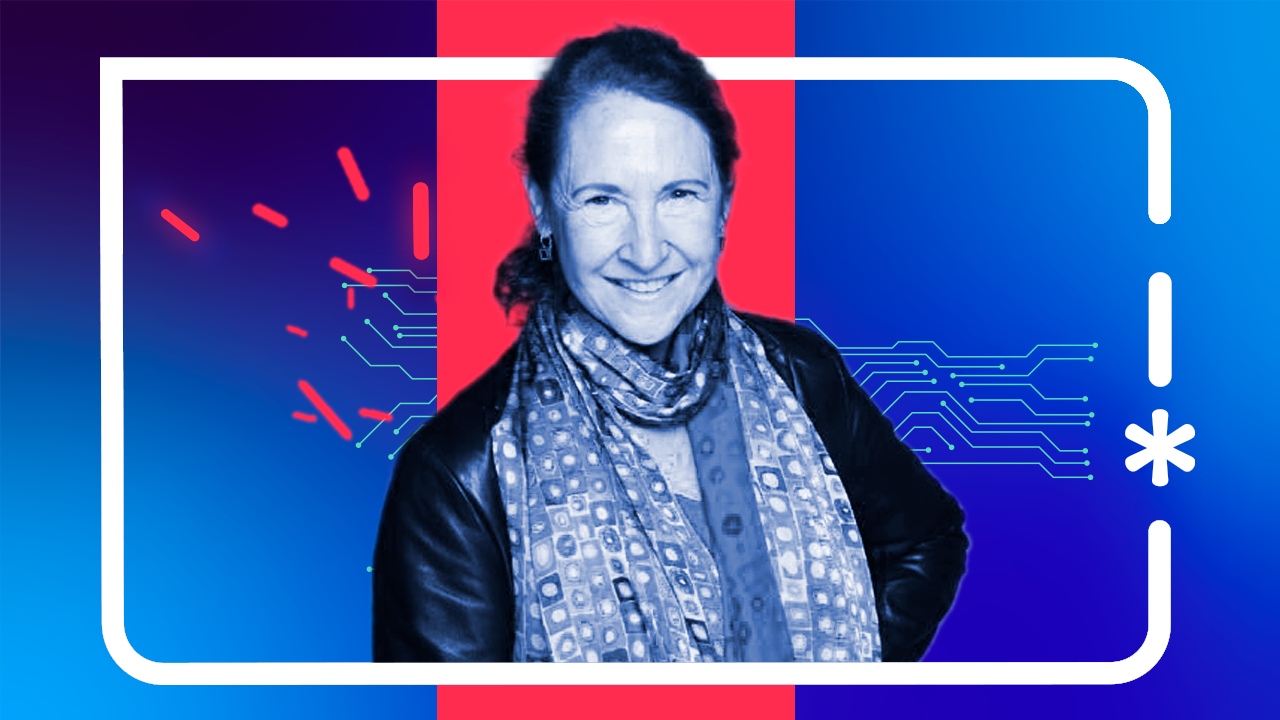
Elizabeth Esty is a politician and political analyst with a lifelong interest in bridging the gap between scientists and public policy makers. From early work training federal judges in better understanding scientific expertise and its limits, to work as a Supreme Court attorney helping craft scientific-based AIDS policies in the late 1980s, to analysis of comparative health systems as a researcher at Yale in the 1990s, to service as an elected official in local, state, and ultimately 6 years in the U.S. Congress, Elizabeth has worked to broaden understanding across political divides and to help craft more consistent and thoughtful public policy initiatives that facilitate scientific discoveries and technological innovation to address the world’s most important challenges. As a member of the Science, Space and Technology Committee in the US Congress, she passed major legislation supporting the diversification of STEM education and expanding research and development. She serves on the board of the Former Members of Congress Association and is a frequent lecturer on the political process at universities and high schools.
Elizabeth holds an A.B. in Government from Harvard University and a J.D. from Yale Law School, and studied as a graduate scholar at the Institut d’Etudes Politiques de Paris.